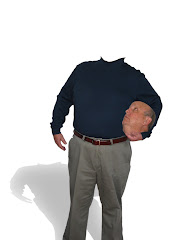Thursday, July 03, 2008
Acoustic Pianos
The term acoustic piano is a fancy, more descriptive way of referring to a normal piano. It's typically only called an acoustic piano when being mentioned in conjunction with digital or electronic pianos; without those barriers, the acoustic piano needs no distinction. It is, simply, a piano. It comes in various forms, some better than others, and is usually considered a part of the percussion section; an acoustic piano has the potential to drive the rhythm just as effectively as the drums.
One of the most startling facts for a music-loving child to learn is that an acoustic piano is actually a string instrument; growing accustomed to violins and cellos as rote for the string section, it seems so unlikely to us as children that an acoustic piano could fall in that category. An acoustic piano produces sound by a series of strings stretched on a frame; the strings on a grand acoustic piano are stretched horizontally, producing a thick sound, while the strings on an upright acoustic piano are stretched vertically, tending to make the sound more tinny. The keys on an acoustic piano are attached to tiny hammers; when triggered by pressing a key, these hammers hit a string and produce that familiar acoustic piano sound.
An acoustic piano consists of a large wooden frame enclosing the strings and pedal mechanics and a keyboard which is used to actually play the instrument. The keyboard generally has 88 keys (though sometimes less or more, depending on the manufacturer), each of which corresponds to a specific pitch; these pitches are named after the first seven letters of the alphabet and retain that name regardless of the octave. The 88 keys on an acoustic piano hold roughly seven octaves with the lowest octave starting to the left; the white keys represent the seven natural notes of a diatonic scale, and the black keys function as the accidentals.
_____________________________
Subscribe to:
Comments (Atom)
